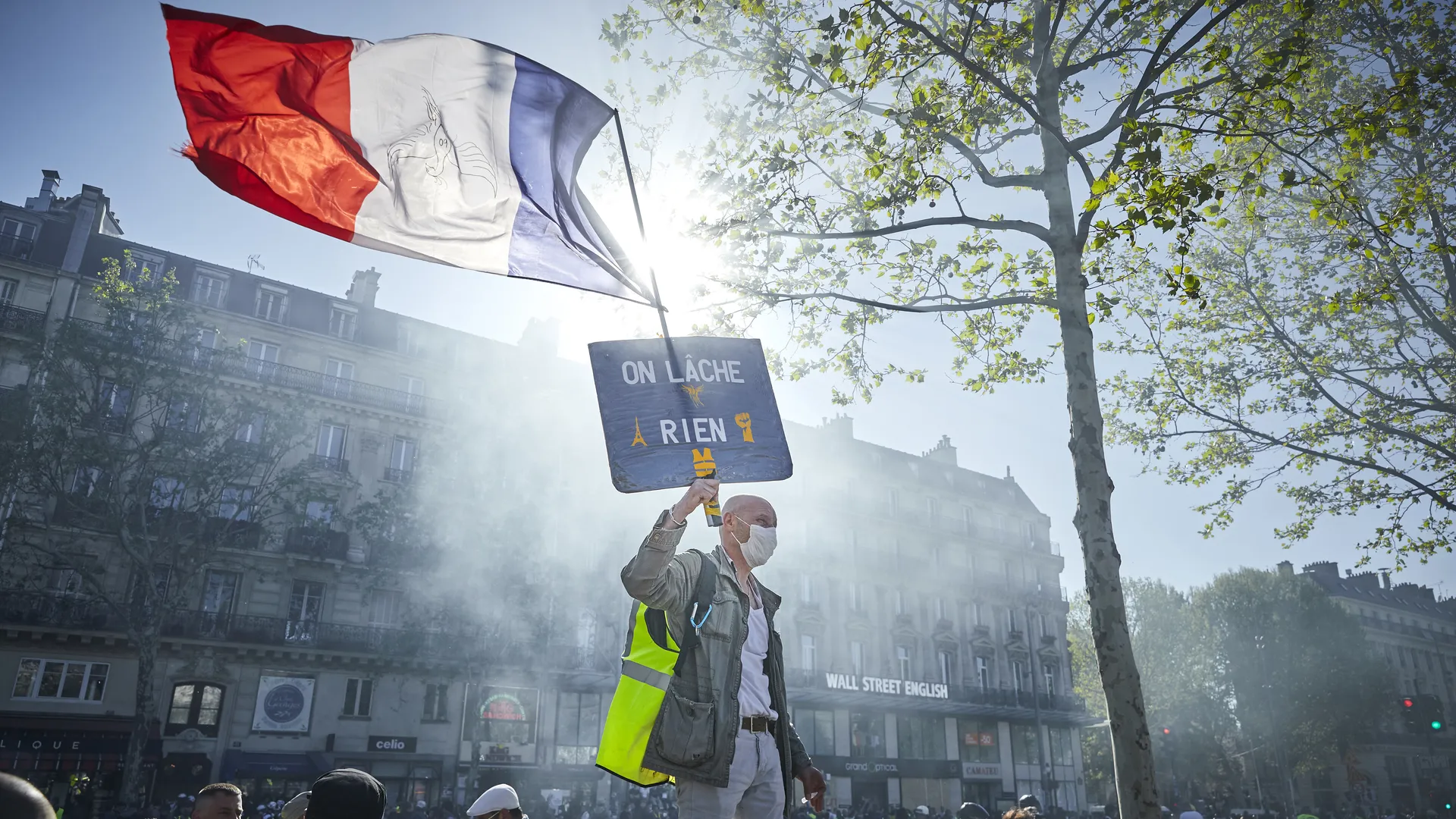As France celebrates its national pride on Bastille Day, underlying economic inequalities threaten to overshadow the festivities. The commemoration of the Storming of the Bastille on July 14, 1789, highlights the revolutionary spirit that once united the people against oppression. But today, the divide between the wealthy elite and the marginalized is more pronounced than ever.
Historic Significance of Bastille Day
The storming of the Bastille was not just an assault on a fortress; it was a powerful statement against tyranny and economic injustice. According to Wikipedia, this pivotal moment in the French Revolution symbolized the people"s fight for liberty, equality, and fraternity. It sparked a movement that ultimately led to the abolition of feudalism and the declaration of the Rights of Man and of the Citizen.
The Current Economic Landscape in France
While the historical context of Bastille Day imbues it with meaning, the present economic landscape reveals stark contrasts. As reported by the BBC, France"s wealth gap has reached alarming levels, with the richest 10% controlling nearly 50% of the nation’s wealth. This disparity is not merely a statistic; it reflects the lived experiences of millions who struggle to make ends meet.

France"s Macron announces plan to accelerate military ...
Government Policies Favor the Wealthy
Despite the rhetoric of equality, government policies continue to favor the affluent. The French government"s tax policies disproportionately benefit the wealthy, exacerbating the plight of the working class. According to Reuters, recent reforms have provided tax breaks to high-income earners while neglecting the needs of the impoverished. This prioritization of wealth accumulation over social welfare raises questions about the integrity of a system that claims to uphold democratic values.
Voices from the Margins
As France revels in fireworks and parades, it is imperative to amplify the voices of those left behind. Many activists argue that the spirit of Bastille Day has been co-opted by a celebration of military might rather than a reflection on social justice. According to The Guardian, grassroots movements are calling for a return to the revolutionary ideals that inspired the original uprising. These voices demand an end to austerity measures that disproportionately harm the working class.

Protests engulf Paris a week after Notre Dame fire
The Role of Wealth Redistribution
To address the crippling wealth inequality, experts advocate for robust wealth redistribution mechanisms. Progressive taxation could serve as a tool to mitigate disparities and fund essential services such as healthcare and education. As highlighted by the OECD, countries that implement progressive tax policies see more equitable growth and improved social cohesion.
As France celebrates its national day, it is crucial to reflect on the revolutionary spirit that birthed the modern nation. The fight for economic justice is far from over, and it is the responsibility of every citizen to ensure that the ideals of liberty, equality, and fraternity are not mere slogans but lived realities for all.







![[Video] Gunfire between Iraqi security forces and Sadr militias in Baghdad](/_next/image?url=%2Fapi%2Fimage%2Fthumbnails%2Fthumbnail-1768343508874-4redb-thumbnail.jpg&w=3840&q=75)
